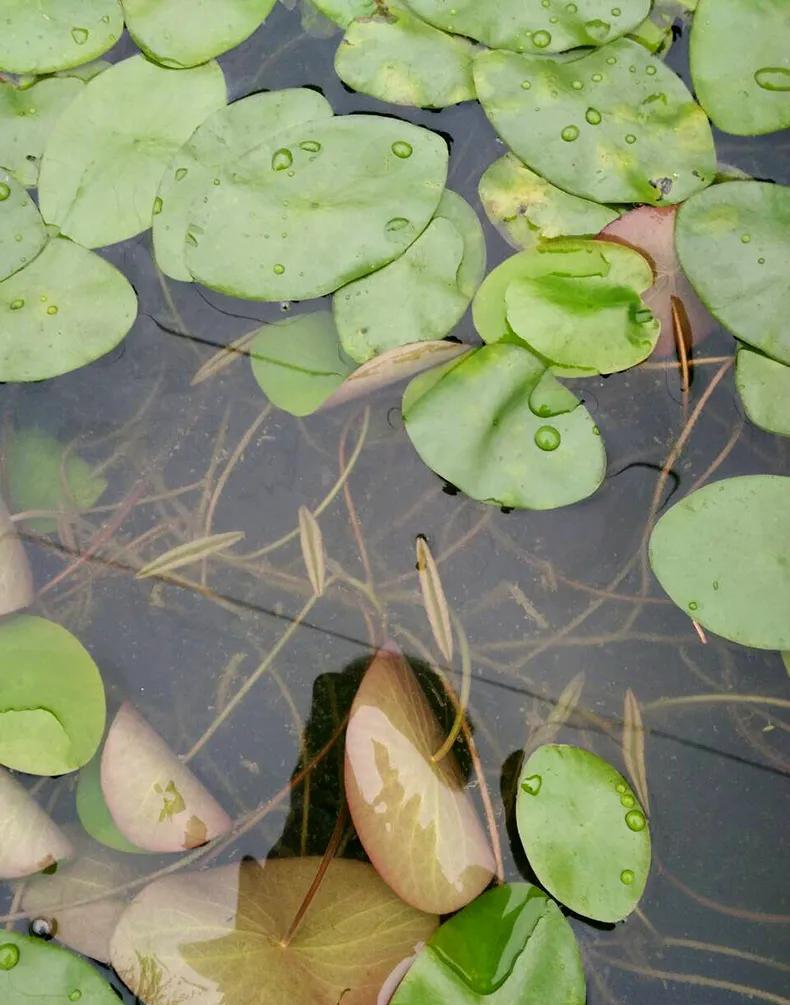
I didn't know what lettuce was until 1979. At that time, there was no trace of lettuce in Hangzhou, let alone sold, and even some of the most famous restaurants in Hangzhou did not know what lettuce was like.
In the early summer of 1978, Nobuhiko Hase, the minister of the Japanese "Tokyo Maruichi Trading Company", came to Hangzhou and stayed at the Hangzhou Hotel. I went with the provincial foreign trade model Benxian section chief to meet him. He took out a bottle of lettuce exported from Jiangsu Province and asked us if we had anything in Hangzhou. We all shook our heads and said we hadn't heard of this stuff. Japanese customers introduced it in English, saying that this thing is now very good in Japan and has beauty and cancer prevention effects. Now Jiangsu Province is out, but the number is not enough. Supposedly called "West Lake Lettuce", it should be your native product of Hangzhou, this thing is written in the "Book of Jin", do you not know? We really didn't know anything at the time, and to prevent a mistake, Chief Fan repeatedly checked the English name of the lettuce with him, and he told us that it was water sheld (literal translation of "shield in the water").
Therefore, the next day, Chief Fan and I accompanied the Japanese customers to find around the West Lake, and successively looked for the three pools of the moon, the flower harbor to watch the fish, etc., and there was no shadow of lettuce at all. An elderly administrator in Huagang Park told us that when we were just liberated, there were a lot of lettuce in the West Lake. Later, after continuous dredging, lettuce became extinct.
Finally, through the engineers of the Park Management Bureau, we finally found lettuce in a remote corner of the Hangzhou Botanical Garden. A small pond, the size of a dining table, with a few plants floating there. The small oval leaf is shaped like a shield, and it is no wonder that it is called "the shield in the water" in English. The Japanese say that this open leaf can no longer be eaten, and that the underwater buds to be eaten are eaten. There is a layer of transparent colloid outside the bud head, which is high in plant protein, which is very nutritious and much better than animal protein.
Finally see the true face of "Lushan"! After the Japanese left, we acted nervously. Since this thing is so good, it is not only good for export, but also for domestic sales, there will be no small market, I think.
I first went to the Zhejiang Library on Daxue Road to check the materials, found the "Book of Jin", and sure enough, there was a writing: It was said that there was a man named Zhang Han at that time, a Hangzhou native, who was an official in Luoyang, and whenever the autumn wind rose, he would miss the lettuce soup and lamb in his hometown, and as a result, the official was also improper and returned to his hometown. In addition, Li Shizhen's "Compendium of Materia Medica" also records the medicinal properties of lettuce. I'm really impressed, how the Japanese study our stuff so thoroughly!
We continued to search near Hangzhou, and finally found it in the Yuan Puren Bridge Brigade in the West Lake District. We hurried over, only to see that the large pond at the foot of the mountain was full of patches of lettuce, and everyone was very happy. The branch secretary of the brigade looked dazed and said, "What's the use of this, we in the countryside have brought it to feed pigs!" "We were dumbfounded. When we told him: If there is a ton of selected lettuce exported, its price is equivalent to a ton of gold! This time it was The branch book's turn to be dumbfounded.
When we informed the Japanese side of this news, the Japanese side immediately sent someone over to carry out technical exchanges such as picking, grading, and processing. And stepped up time to build factories, install equipment, and exported about one and a half tons to Japan that year.
At that time, the poster on the bottle and a small advertising paper wrapped around the bottle were still designed and written by me, and they have been used for a long time. Later, Xiaoshan Xianghu also developed and planted lettuce, exporting more than 20 tons a year at most, which exchanged a lot of foreign exchange for the country. It is said that everything in the world is a cause. Looking back on the past, I and West Lake lettuce can also be regarded as having a fate that cannot be abandoned.